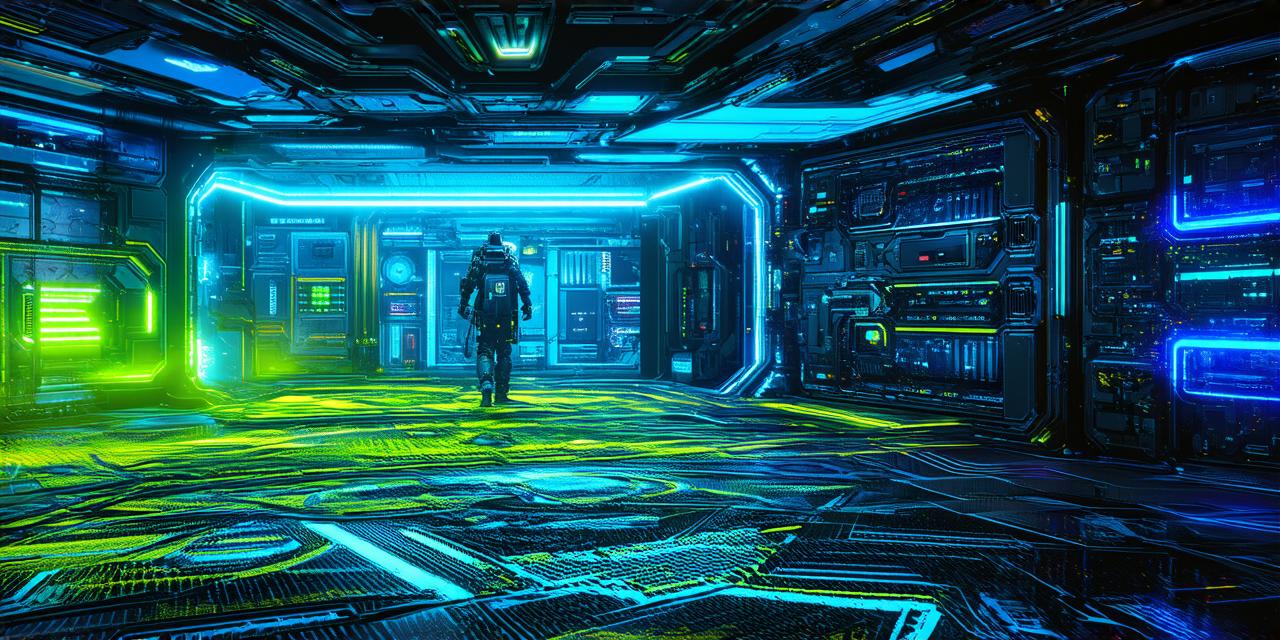NFTs, short for non-fungible tokens, have become increasingly popular in the gaming industry as a way to monetize in-game assets. However, like any new technology, NFT gaming comes with its own set of challenges and issues that need to be addressed in order for it to reach its full potential.
In this article, we will explore some of the problems linked to NFT gaming and how they can be resolved.
One major problem with NFT gaming is the lack of standardization. There are currently no widely accepted guidelines or regulations governing the creation, sale, and ownership of NFTs, which can lead to confusion and uncertainty for both developers and players.
This lack of standardization also makes it difficult for developers to create NFTs that are compatible with other games and platforms, limiting their potential market reach.
Another issue with NFT gaming is the high cost associated with creating and minting NFTs. The process involves using blockchain technology, which can be expensive to set up and maintain. This high cost can make it difficult for smaller developers to compete with larger studios that have more resources at their disposal.
Additionally, the high cost of creating NFTs can make it less accessible to players who may not have the financial means to participate in NFT gaming.
Security is also a concern when it comes to NFT gaming. Since NFTs are stored on blockchain technology, they are highly secure and difficult to hack or tamper with. However, this security also makes them vulnerable to theft if someone gains access to a player’s private key. There have been instances of players losing their NFTs due to hacking or phishing attacks, which can be devastating for those who have invested significant time and money into the game.
There is also the issue of scalability when it comes to NFT gaming. As the popularity of NFTs continues to grow, there may be issues with processing speed and capacity on blockchain networks. This could lead to slower transaction times or even crashes, which would negatively impact the player experience.
One solution to these problems is to establish clear guidelines and regulations for NFT gaming. This would help standardize the process and make it easier for developers to create and sell NFTs.
Additionally, there could be incentives for smaller studios to participate in NFT gaming, such as tax breaks or grants, to help level the playing field.

Another potential solution is to develop more affordable and accessible methods for creating NFTs. This could involve using cloud-based platforms that are easier to set up and use, or leveraging existing blockchain infrastructure to create more efficient and cost-effective solutions.
Improving security measures is also crucial. This could involve implementing multi-factor authentication and other security protocols to protect players’ private keys. It may also be necessary to invest in better encryption and data protection technologies to prevent hacking or phishing attacks.
Finally, addressing scalability issues will require a significant investment in blockchain technology infrastructure. This could involve developing new consensus mechanisms that are more efficient and can handle higher transaction volumes. It may also require the development of off-chain solutions that can process large amounts of data more quickly than traditional blockchain networks.
In conclusion, while NFT gaming has the potential to revolutionize the gaming industry, it is important to address the problems linked to this technology in order for it to reach its full potential. By establishing clear guidelines and regulations, developing more affordable and accessible methods for creating NFTs, improving security measures, and addressing scalability issues, we can create a sustainable and thriving NFT gaming ecosystem that benefits both developers and players alike. As the adoption of NFTs continues to grow in the gaming industry, it is crucial to address these challenges to ensure a positive player experience and long-term success for developers.
